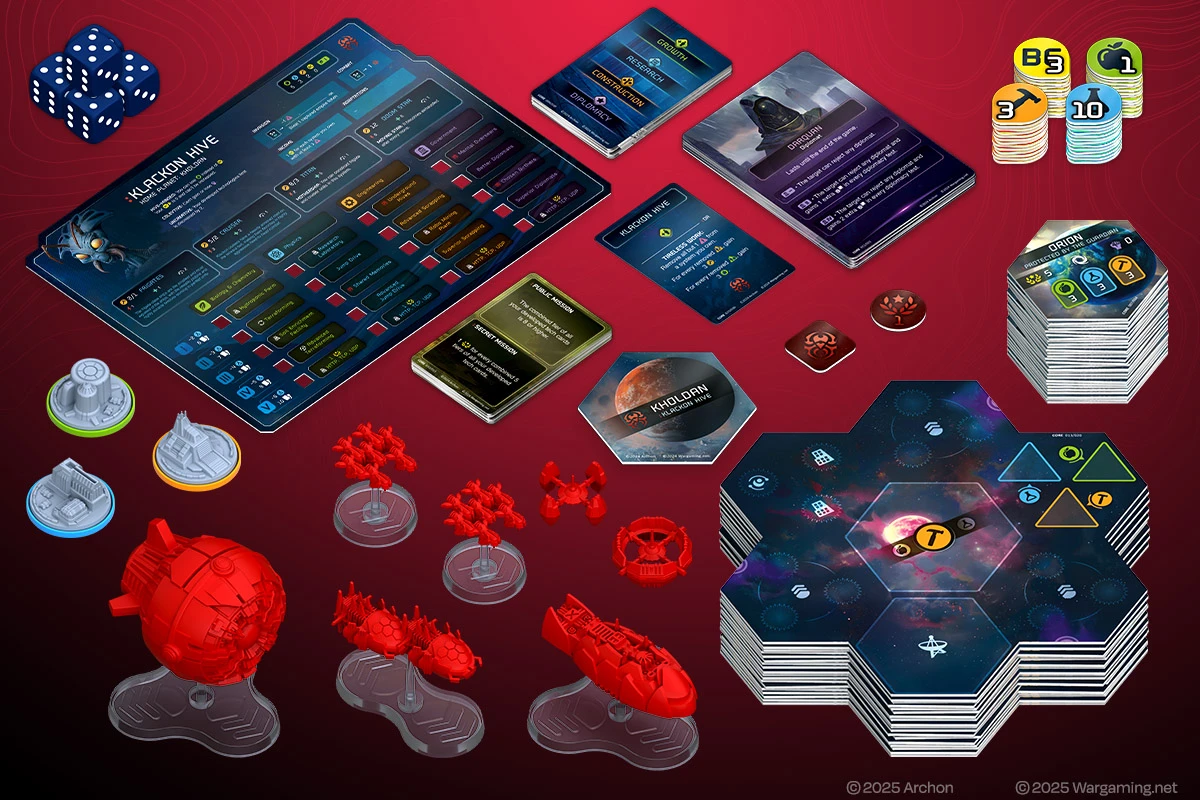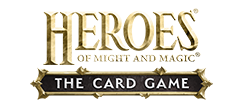- Brands
-
Shop
-
Dungeons & Lasers
-
Rampart
-
Masters of The Universe: Battleground
-
Masters of The Universe: Fields of Eternia
-
Heroes of Might & Magic III: The Board Game
-
World of Tanks: The Card Game
-
StarCraft Tabletop Miniatures Game
-
Trench Crusade
-
Starfinder
-
- Newest
- Bestsellers
- Pre-orders
How To Start Playing Board Games: A Beginner’s Guide
Posted on Thursday,
12.06.2025
By Aleksandra Adamczyk
Selected language
EN
- DE
- ES
- FR
- PL

If you’ve ever wanted to sit down with a group of friends, relax, and enjoy a good board game, but shied away due to feeling incredibly confused and lost… you are not alone! Learning how to play board games can be overwhelming, especially for beginners. They can seem confusing and overly complex—and we get that. That’s why we prepared this simple beginner’s guide on how to play board games. So buckle up, and let’s walk through the process step by step.
Table of Contents
- 1. Choosing the Right Game
- 2. Understanding Game Components
- 3. Grasping Basic Gameplay Mechanics
- 4. Tips for Learning Board Games as a Beginner
1. Choosing the Right Game
If you’ve already felt the dread of choosing which game to play—you know it’s not an easy task. A variety of choices, big boxes packed with a ton of components, and complicated words written on the packaging can be very overwhelming. So, how should you get started? First of all, as obvious as it sounds, make sure you’re choosing the right game! Starting from a game for experienced and knowledgeable board game veterans will do nothing but hinder your experience. Here are our suggestions of board game types for beginners:
Family-Friendly Games – Ideal board games for all age groups!
Family-friendly board games are a staple in most households. These games are designed with simplicity in mind, which makes it a perfect genre to pick up for your first playthrough. With straightforward rules, lighthearted themes, and short yet engaging gameplay, both adults and kids alike can easily enjoy them.
Party Games – Easy board games to learn in minutes.
Party games are perfect for beginners who want to try something new with a group of friends, quickly getting into the fun part. These games have fun and quick playthroughs, and are ideal for bigger groups of people. Instead of strategic elements and heavy plot, they usually focus on wordplay, guessing, and performing simple tasks.
Strategy Games – Light strategy for beginner adults.
Perfect for a group of adult friends that want to have a slight challenge, but still have lots of fun. Here, you will often find elements like area control, resource management, or even route-building. The main principle of the game isn’t just being lucky, like it might be in a party or family-friendly board game—you’ll need to make decisions and plan ahead to claim victory.
2. Understanding Game Components
Once you’ve decided which type of board game would be best for you and your friends, you should take your time and try to understand the game’s components. Diving straight into reading the instructions might still be a bit overwhelming — especially for beginners. We suggest… making a mess! Well, not really, but sort of. Embrace the game — unpack everything, lay it out on the table, and inspect all the bits and pieces of the game. Usually, board games for beginners won’t have as many of them, but there is still a fair variety. Trying to comprehend what the tokens could be used for, how the dice look, and what’s written on some of the cards will allow you to ease into learning the game once you get to reading the rules. No need to understand what you’re looking at right away—simply familiarizing yourself with it is fine.

3. Grasping Basic Gameplay Mechanics
After you’ve inspected the box, it’s time to grasp the actual gameplay. This is a good point to start reading the instructions attached to the game, including the rulebook. Now that you’re more familiar with the game’s components, it should not be as difficult and dreadful as it seemed before. Game elements vary from game to game, but in general, even beginner level board games will most likely have the components listed below:
-
Game board – The main surface where the game unfolds and (usually) the biggest piece in your box. It often displays paths and terrain, certain zones, and general areas relevant to the gameplay.
-
Cards – Used for actions or specific instructions. They add variety and are usually straightforward and easy to understand.
-
Tokens – Small, usually cardboard pieces that can represent points, items, or even players, if other figurines are not available. They can help you track progress or statuses.
-
Dice – Often determine the movement or outcomes of events. A lot of beginner-friendly board games use a standard, six-sided cube.
-
Rulebook – A book that explains how to play the game. The ones in board games for beginners are usually very small and clear, consisting of a lot of helpful examples as well.
If you'd like to see how these components might look, check out our strategy board game, “Master of the Universe: Fields of Eternia."
When starting out, the rulebook will be your closest friend. Even later during the actual gameplay, it’s useful to keep it on the side so you can reach for it anytime when rules are unclear, or you simply don’t remember them. So make sure to not pack it away immediately after reading it! A handful of games you will play at the beginning of your board game journey will most likely have a lot of similar rules. These rules are staples—even the more complex and intricate board games for experts consist of many basic rules combined together into something more intricate. This type of iteration allows players to feel instantly familiar with what they’re seeing and jump straight into the gameplay.
But for now, let’s take a closer look at a couple of common rules and gameplay mechanics. Beginner board game players will most likely encounter:
-
Turn Order – Players take turns to move, usually in a set order that they agreed upon before starting. It is common to move clockwise around the table.
-
Objective – Every game has a goal, even board games! Whether it’s to simply collect a specific amount of points or rescue the princess, make sure to check it out in the rulebook.
-
Actions – On your turn, you will be allowed to perform a specific action like drawing a card, moving a piece, or trading with other players.
-
Winning Conditions – The criteria that determine who wins the entire game. It could be something simple like reaching the goal first or being the last player standing.
Knowing these rules and objectives beforehand will make your rulebook read-through a bit easier. As these are staple principles, in beginner-friendly board games you can always expect to see them.
4. Tips for Learning Board Games as a Beginner
We’ve covered the basics and now you know how to start familiarizing yourself with the games, but what if you choose a game to play and still feel lost? Don’t worry! Thankfully, many wonderful people create content for these games that goes beyond just playthroughs. You can find hundreds of videos on YouTube that tackle rules and their explanations, showcase playthroughs, and even have in-depth game lore analysis for the more complex ones! Sometimes, watching a 20-minute-long YouTube video explaining the game goes a long way and can massively improve your game night quality — especially if you would like to familiarize not only yourself but also your friends at the same time.
One such example is a video tutorial by our friends at Meeple University, guiding you through one of our more well known board games: Heroes of Might and Magic III: The Board Game. Even though the game itself has a lot of components and might be suited better for more seasoned players, such a video has helped many people to enjoy the game even with their beginner friends. Definitely look it up for the game you’re interested in!
Another tip is…don’t be shy! Check around your neighborhood—board game players often have their social circles and meet for many playthrough events. Such meetups, if available, are perfect for familiarizing yourself with some games before you decide to play them. It is also very useful to have the rules explained to you by someone already knowledgeable, instead of trying to figure out the rulebook for the first time on your own. Who knows — maybe your area has a group like that and you didn’t even know about it before!
That’s it — you’re fully prepared to start playing board games even as a beginner! Now, the next time you go visit the board game section at the store, don’t worry — grab a title that catches your attention, invite some awesome friends or family members, and… play away!









